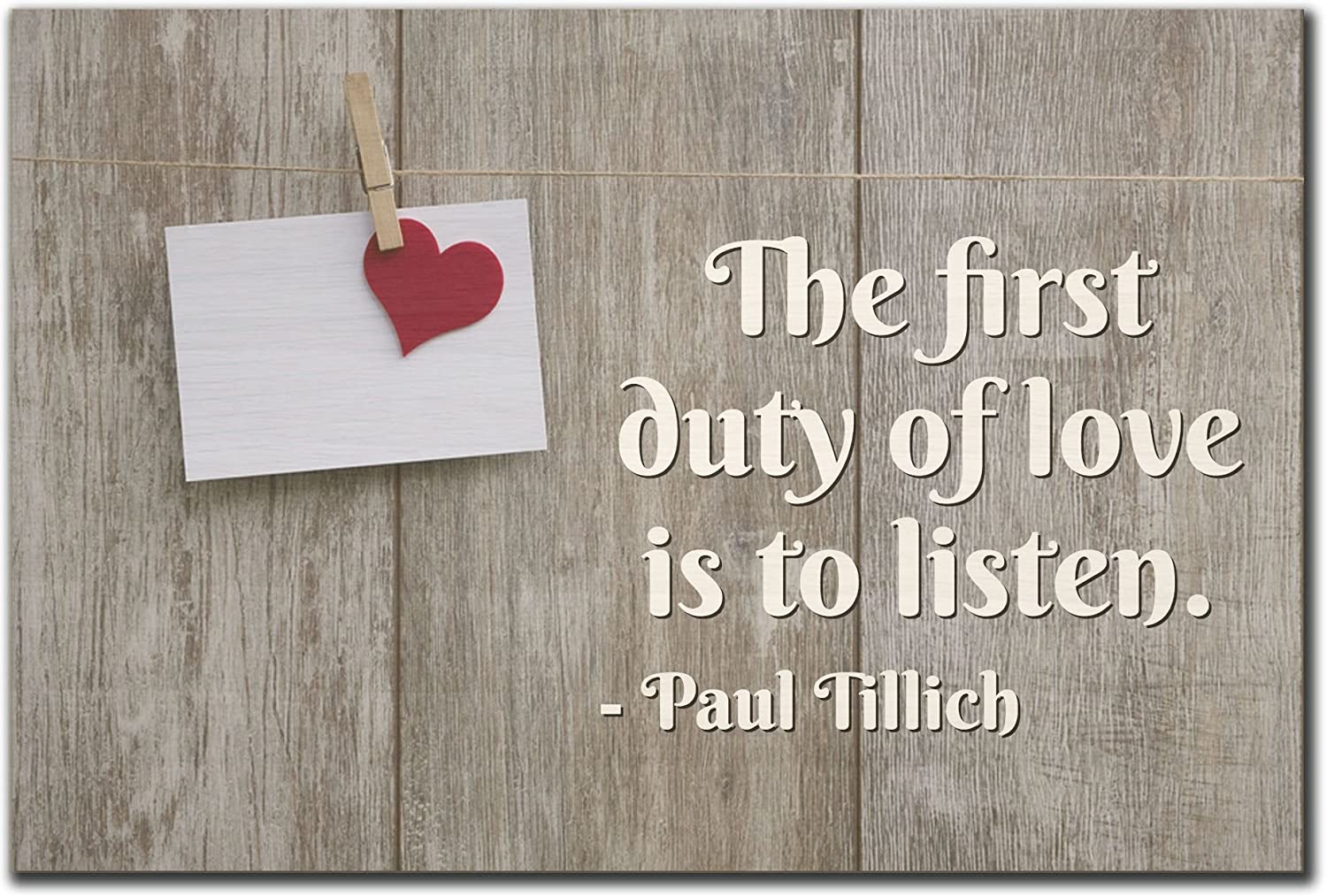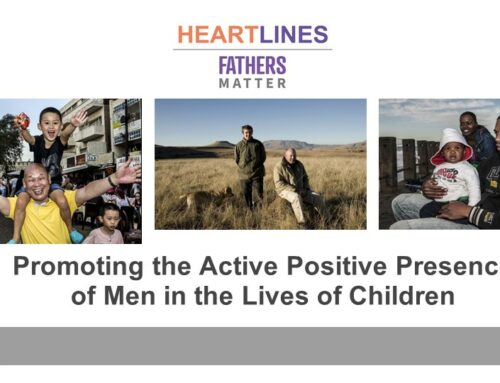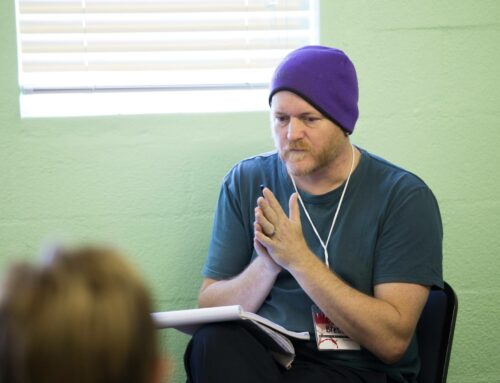Are you a good listener or a committed speaker?
Take a few moments to think back to the last three proper meaty conversations you had with friends or family. If someone had been holding down a timer every time you spoke and releasing it every time you listened, which would be the bigger number? Take a moment to imagine if the people you have last spoken to were asked that same question. How might they answer it?

It really may be you!
Now here’s the thing. i suspect that many people who speak proportionally a lot more than they listen in a conversation are completely unaware that they do it. So how do you figure out if you are guilty, because this is not an easy thing to hear coming from someone else.
i can think of three people off the top of my head who i care deeply for who tend to dominate conversation. So if we spend an hour chatting i might have spoken for ten minutes max.
Sometimes this comes from a place of selfishness where the person you are speaking to will always manipulate the conversation back to themselves. So no matter what kind of space you might be in or what you’re going through, they will quickly find a way of making it all about them – often in a way which to them may come across as being empathetic or relating to your issue but any time conversation moves to you there will soon be a moment of it being wrestled back and becoming about them.
i have also seen this happen from a place of excitement where the person you are talking about is generally excited about life and conversation and what you’re talking about that, without even being aware, they launch into a burst of enthusiasm and before they know it a whole lot of time has passed without you speaking.

Listening well
Finally, once we have made an intentional move to listen more, we may need to do some work on listening better.
There is a well-known quote that talks about how too often we don’t listen to understand but we listen to reply. For some – like me, i think – this can often come from a place of not wanting to get it wrong and so rehearsing an answer or response in my head to make sure i ‘get it right’. But what that ends up doing is distracting me from really hearing what is being said. So i need to work hard on staying in the moment and focusing on the words and body language and tone of what is being said so that i have a greater chance of understanding the person talking to me which will actually give me what is needed to give a better response, if one is needed at all.
This quote talks about real understanding and true empathy. Both of these are immense gifts we can offer to someone else.
Being heard well by someone else, especially someone we care about and whose opinion we value, equates with being seen. There are not many better things in life than being seen by someone. Having your presence and your life experience and your current struggle or challenge or celebration acknowledged and observed.

How do i know if it’s me?
As i was busy writing this post i messaged my sister Sue, who is visiting from the States, to check in with her as to how i have done on this listening stuff when we’ve been hanging out. Her response: Mmmm… had to think about this one for a second. Can we do a quick WhatsApp call? I think easier than typing.
That didn’t feel daunting at all. You know the feeling when you’ve been called to the principal’s office at school? This is never to tell you that you’re working hard and he appreciates you. Well it never was for me. Ha ha.
But turned out to not be that at all and we had a great conversation and a lot of what she said echoed things i have already written here. But the one thing she named was ‘Active Listening’ which maybe needs to be its own post sometime.
‘Active listening refers to a pattern of listening that keeps you engaged with your conversation partner in a positive way. It is the process of listening attentively while someone else speaks, paraphrasing and reflecting back what is said, and withholding judgment and advice.
Another thing Sue said that struck me in our short conversation is that when Active Listening is at play it actually doesn’t matter if one person speaks more than the other. So in a friendship with someone on one occasion you might speak the most and on another it might be them. But the content of the conversation and who has the biggest need might determine who speaks more. i would suggest that on balance over time if one person is doing all the speaking and one person is doing all the listening that there might be a problem, but in any one conversation it doesn’t have to be a fifty fifty split.
‘Not sure if this is relevant… we teach some of this in trauma psychology at CERT [Community Emergency Response Team]. We teach people not to say “I understand” because you don’t. Even if the persons house burnt down and yours burnt down at some point, the circumstances are different. We teach not to say “everything’s going to be ok” because you don’t know that. We teach them not to say “it’s Gods will”. We teach that you can sit next to the person and listen without saying anything. Sometimes just being physically there and mentally present is what someone needs.’ [Sue Minne]







Leave a Reply